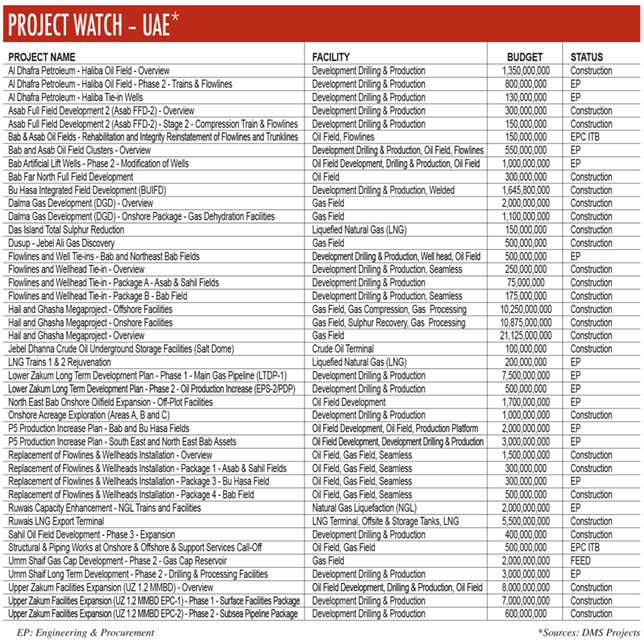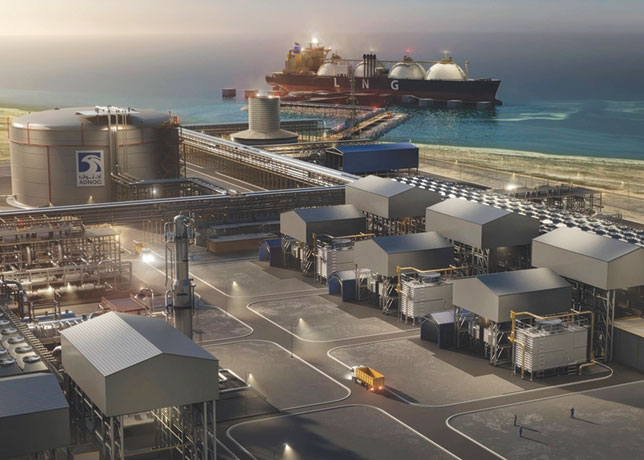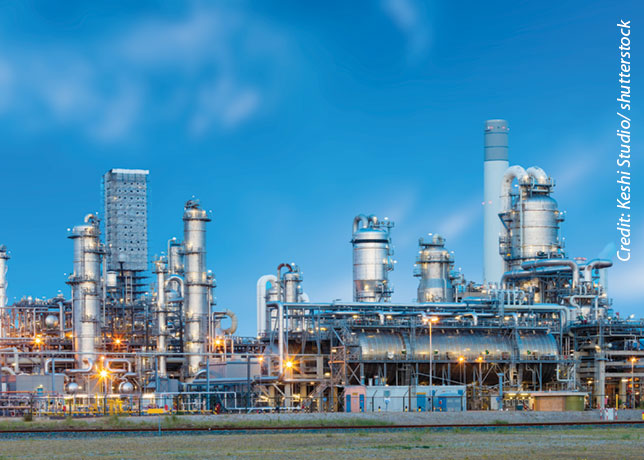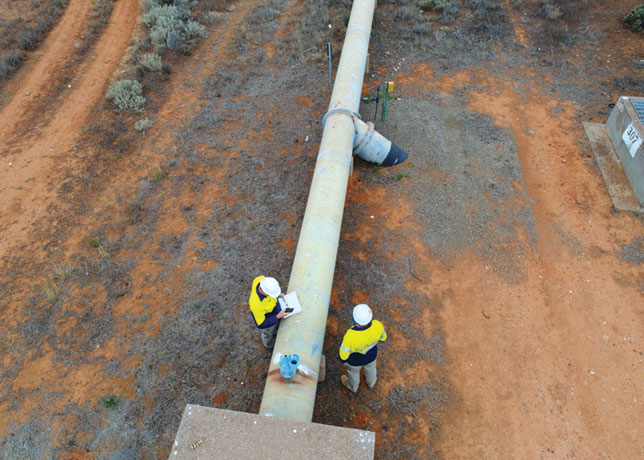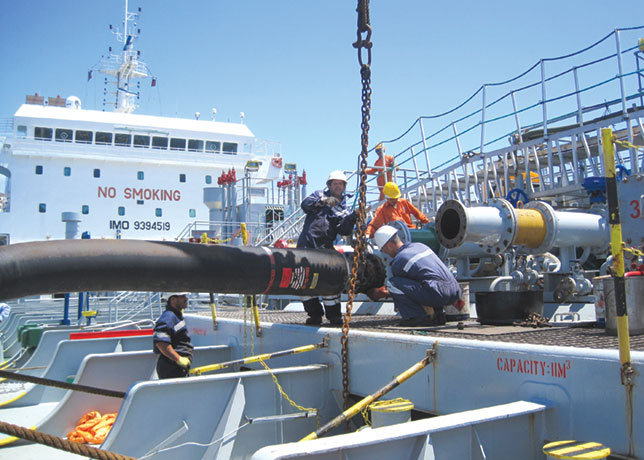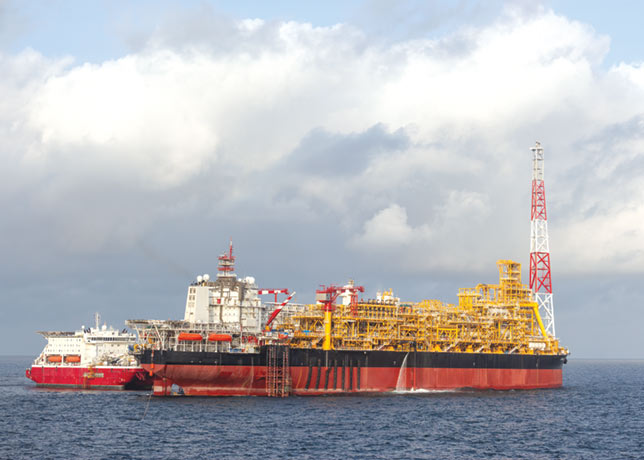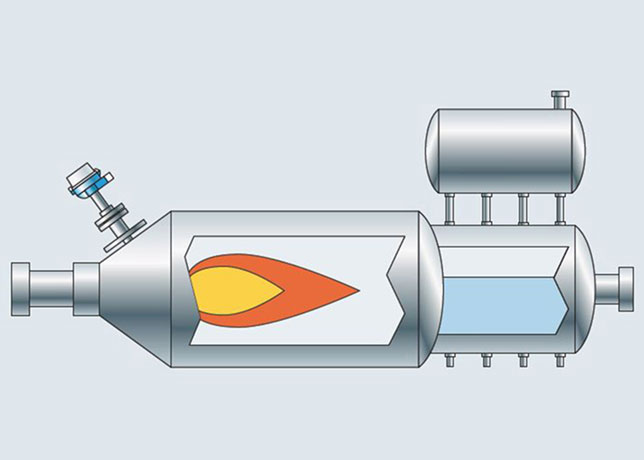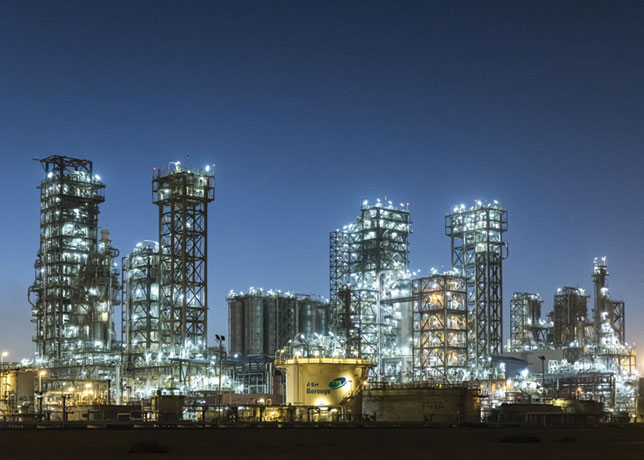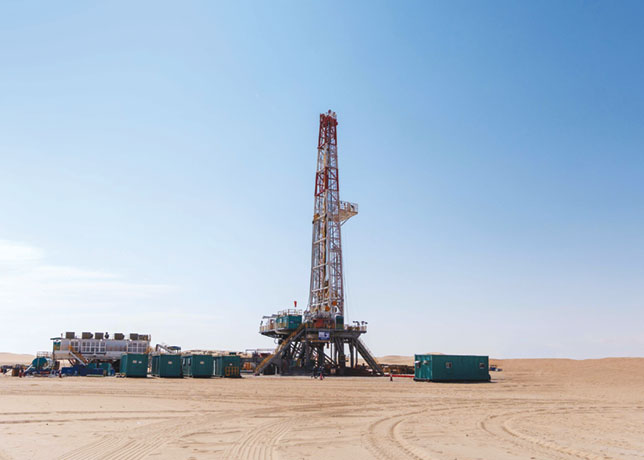 Image by Rorozoa/ Freepik
Image by Rorozoa/ Freepik
Oil prices fell on Wednesday as shifting US tariff policies and the US-China trade war prompt traders to consider the potential impact on economic growth and energy demand.
Brent crude futures fell 39 cents, or 0.6 per cent, to $64.28 a barrel by 0758 GMT while US West Texas Intermediate crude dropped 43 cents, or 0.7 per cent, to $60.90.
"Oil came under slight pressure because the IEA lowered its global oil demand growth estimates," said PVM Oil analyst Tamas Varga.
Global oil demand is expected to grow at its slowest for five years in 2025 and US production gains will also taper off because of US President Donald Trump's tariffs on trading partners and their retaliatory moves, the International Energy Agency said on Tuesday.
Global oil demand this year is expected to rise by 730,000 barrels per day (bpd), the IEA said, down sharply from the 1.03 million bpd it forecast last month. The reduction is larger than a cut in demand estimates made on Monday by the Organisation of the Petroleum Exporting Countries (Opec).
The tariff dispute between the US and China remains the most significant threat to the global economy and oil demand, said Imad Al-Khayyat, a research lead at London Stock Exchange Group.
"Each passing week without signs of easing in this standoff increases the likelihood of a global recession and lowers the price ceiling," Al-Khayyat said.
Concerns over Trump's escalating tariffs, combined with rising output from the Opec+ group comprising Opec and allies such as Russia, have already dragged oil prices down by about 13 per cent this month.
The uncertainty surrounding trade tensions has led several banks, including UBS, BNP Paribas and HSBC, to cut their crude price forecasts.
Trump has ratcheted up tariffs on Chinese goods to eye-watering levels, prompting Beijing to slap retaliatory duties on US imports in an intensifying trade war between the world's two biggest economies.
Data on Wednesday showed China's gross domestic product (GDP) grew 5.4 per cent year on year in the first quarter, beating the 5.1 per cent expected in a Reuters poll.
"The better than expected performance was precipitated by exporters frontloading shipments ahead of the implementation of US excise duties on Chinese goods and, in all probability, will not be repeated for the rest of the year as the two biggest economies in the world are doing their best to decouple," PVM's Varga said.
Meanwhile, US crude oil stocks rose by 2.4 million barrels in the week ended April 11 while gasoline inventories fell by 3 million barrels and distillate stocks dropped by 3.2 million barrels, market sources said, citing American Petroleum Institute figures on Tuesday. -Reuters



